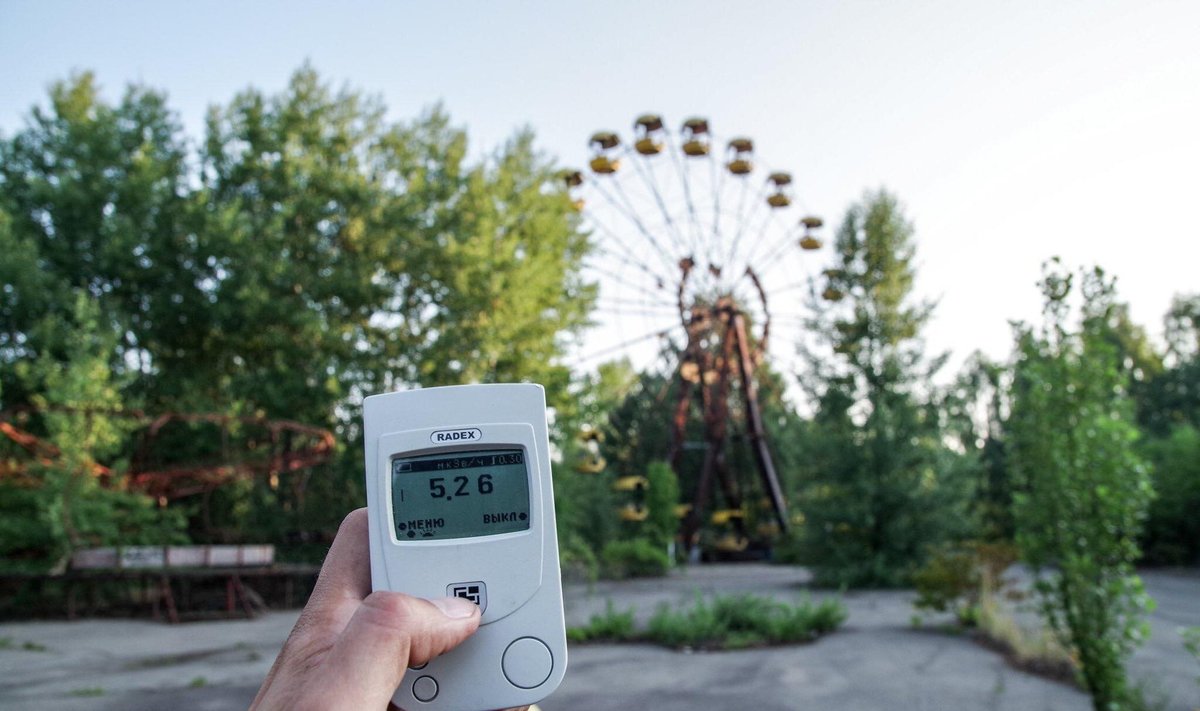"This project opens a new stage of bilateral cooperation with Lithuania’s strategic ally United States of America. The monitoring equipment about to be plugged in will also facilitate the cooperation between our countries’ at scientific level, via experience exchange, and our ability to respond to traces of radioactive pollution in the region, the more so – since the Astravyets nuclear power plant has been started up," National Defense Minister Arvydas Anusauskas was quoted as saying in a statement.
The installation of the deployable equipment is set to be competed by the end of February. Monitoring data will be submitted to the Radiation Protection Centre, other state authorities and scientists of Lithuania, and the Defense Threat Reduction Agency of the US Department of Defense.
The new equipment will supplement and enhance Lithuania’s own capabilities for monitoring potential radioactive pollution. It detects alterations in radiation background within the radius of thousands of kilometres. Before the current assignment, it was used to measures radiation background in Gibraltar, Japan, and Burkina Faso. The equipment is planned to monitor the atmosphere while deployed in Lithuania for at least a year.
The U.S. equipment detects radioactivity, specifically, trace amounts of radioactive isotopes of xenon produced in nuclear reactions and other radionuclides in the atmosphere. It also monitors changes in the levels of such particles in the background radiation. The readings allow the assessment of the condition of nuclear plants or other nuclear objects in the area.
"We greatly value our long history of cooperation with Lithuania on enhancing nuclear safety and security, "US Ambassador Robert Gilchrist said. "The installation of this equipment is the latest step in such collaboration and furthers our already robust technical relationship on matters of nuclear safety and security."
To date, 43 RADIS radiological threat early warning posts (https://www.rsc.lt/radis/) are operating throughout the territory of Lithuania, the data they collect is made publicly available daily. The new equipment will supplement and enhance Lithuania’s own capabilities for monitoring potential radioactive pollution.
